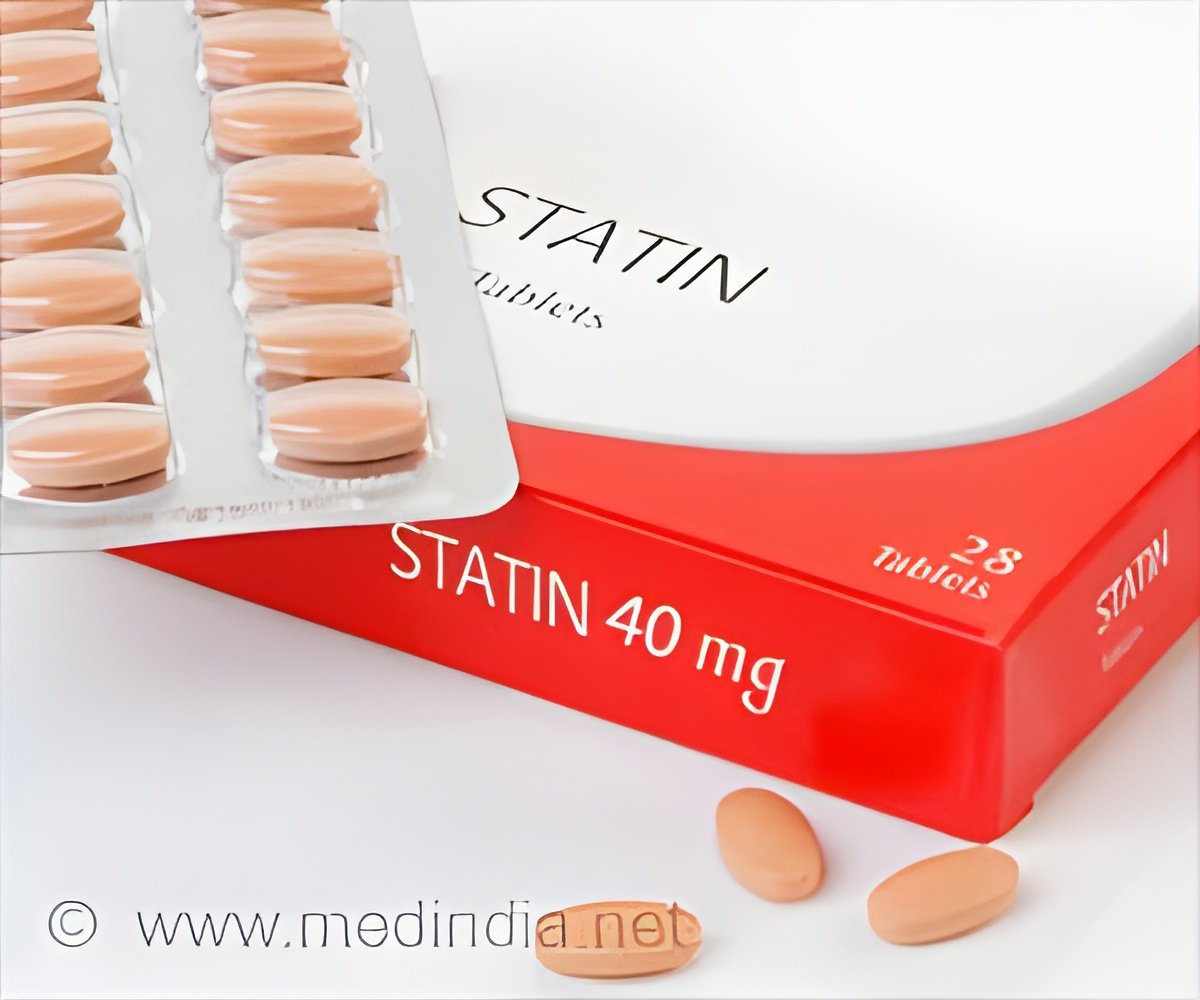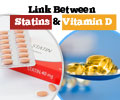Researchers have found that only about six percent of patients are following the statin regimen prescribed to them to lower their cholesterol.

‘The research finding shows how integral it is to continue on the prescribed medications after hospital discharge to avoid any further future complications.’





Results of the study were presented on March 16 at the American College of Cardiology Scientific Sessions in New Orleans. In the study, researchers identified 5,468 patients first diagnosed with atherosclerotic cardiovascular disease between 1999 and 2013. These patients received a statin prescription to reduce their cholesterol within the first 12 months of diagnosis. Researchers then looked at two things: whether or not the patients took their medication, and how many major adverse clinical events (stroke, heart attack, or death) they had over the next five years.
They found that patients with optimal adherence -- who took their statins as prescribed at least 80 percent of the time -- reduced their risk of dying or having a heart attack or stroke by nearly 50 percent. Unfortunately, though, only 351 out of those 5,468 patients fell into the optimal adherence category -- which is about six percent.
Researchers also found that 25 percent of patients never filled their statin prescription in the first place, and 25 percent didn't fill their second one.
Researchers think there are several reasons for non-adherence, including a bias against statins, concern that they're already taking too many medications, worry about side-effects, the incorrect belief that after a few years on statins, they're cured and don't need to take them anymore, or they are just not that important.
Advertisement
Dr. May believes the importance of taking statins could be lost in the abundance of information patients are given at discharge.
Advertisement
Dr. May added that the findings of the study should help caregivers see how crucial it is to ensure their patients who are being discharged understand the importance of the medication, and that continual education needs to be provided about the importance of taking their medications as prescribed.
"The patients should be asked about whether or not they're taking their statin at their follow-up appointments, especially soon after discharge," Dr. May said.
For the study, researchers from Intermountain Healthcare collaborated with The Medicines Company.
"This is important research to better understand the real-world treatment of atherosclerotic cardiovascular disease, and to validate the benefits of statins as proven first-line therapy and the challenges associated with poor adherence," said Dr. May. "We appreciate our collaboration with The Medicines Company. They share our commitment to improving cardiovascular care for patients."
Source-Eurekalert















